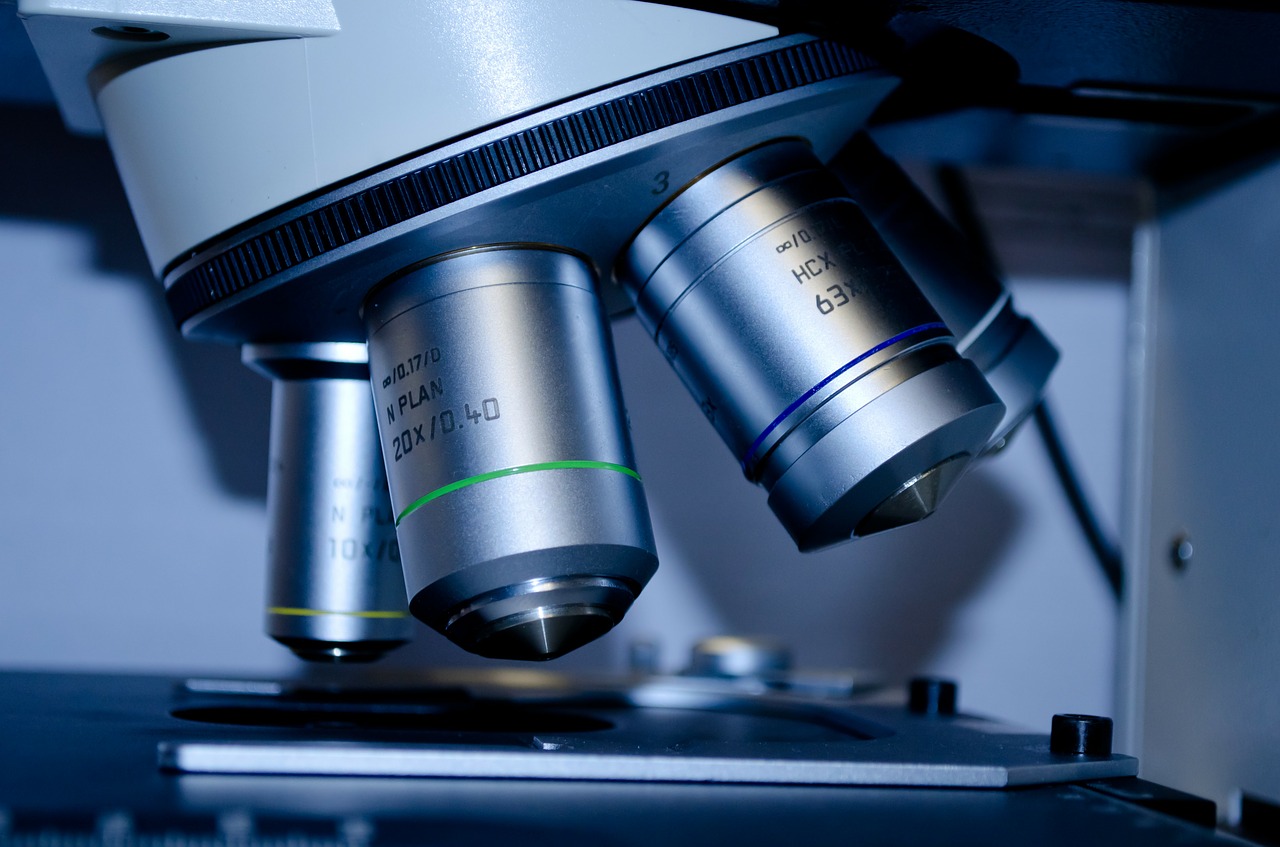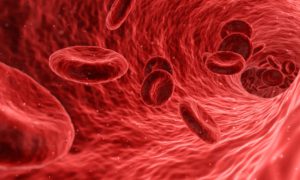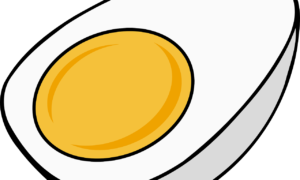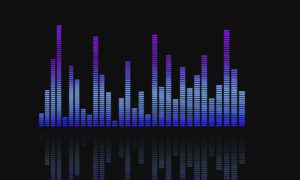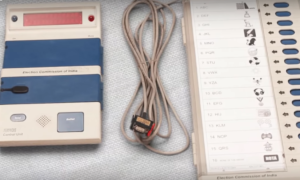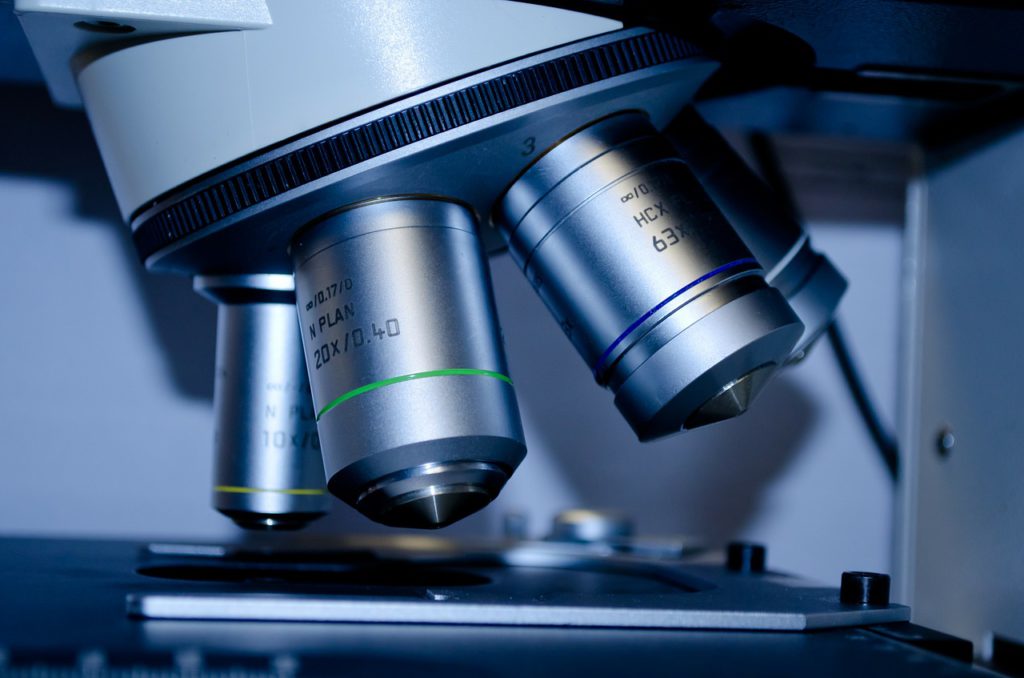 Actor Irrfan Khan has been diagnosed with neuroendocrine tumour. On Mar 16, Irrfan Khan revealed about his “rare disease” on Twitter.
Actor Irrfan Khan has been diagnosed with neuroendocrine tumour. On Mar 16, Irrfan Khan revealed about his “rare disease” on Twitter.
Quoting American author Margaret Mitchell, he posted: “Life is under no obligation to give us what we expect.”
“The unexpected makes us grow, which is what the past few days have been about. Learning that I have been diagnosed with NeuroEndocrine Tumour as of now has admittedly been difficult, but the love and strength of those around me and that I found within me has brought me to a place of hope.
“The journey of this is taking me out of the country, and I request everyone to continue to send their wishes. As for the rumours that were floated NEURO is not always about the brain and googling is the easiest way to do research ? To those who waited for my words, I hope to be back with more stories to tell,” read his full statement on the micro-blogging site.
While we wish the versatile actor a speedy recovery, here are a few things you must know about neuroendocrine tumour:
1. Neuroendocrine tumors (NETs) are rare tumours that develop in cells of the neuroendocrine system, which is made up of nerve and gland cells and it makes hormones and releases them into the bloodstream.
2. Neuroendocrine cells are present almost everywhere in the body, including lungs, liver, pancreas, oesophagus, stomach, large bowel, small bowel, and appendix.
3. In most cases, neuroendocrine tumours are not diagnosed till they turn cancerous, since they are slow to develop and takes years to grow lethal.
4. Neuroendocrine tumors can be classified into two – functioning tumours and non functioning tumours.
According to Cancer Research UK, “Some NETs produce extra hormones and cause symptoms. These are called functioning tumours. Those that don’t produce extra hormones are called non functioning tumours.”
5. Neuroendocrine tumours can be non-cancerous (benign) or cancerous (malignant). The benign ones develop slowly, while the malignant ones develop faster.
6. There are different types of Neuroendocrine tumors (NETs):
i. Gastrointestinal neuroendocrine tumours (GI NETs), which are mostly carcinoid tumours, and may develop in any part of the gastrointestinal tract, including the small intestine, large intestine and stomach.
ii. Lung neuroendocrine tumours (lung NETs) that are also usually carcinoid tumours. They develop in the (bronchi).
iii. pancreatic neuroendocrine tumours (pNETs) are rare ones and include insulinomas, gastrinomas, glucagonomas, VIPomas, and somatostatinoma. Some may also develop outside the pancreas, in the ovaries, kidneys, stomach and liver.
iv. Other rare Neuroendocrine tumors (NETs) may form in the thyroid gland (medullary thyroid tumours), skin (Merkel cell cancer), pituitary gland and parathyroid gland.
7. As per The Canadian Cancer Society, symptoms of Neuroendocrine tumors (NETs) vary according to their types.
8. GI NET symptoms include discomfort or pain in the abdomen or rectum, nausea and vomiting, diarrhea, bleeding from the rectum or blood in the stool, anemia, fatigue, heartburn, indigestion, stomach ulcers, weight loss and constipation.
9. Symptoms of lung NETs include old cough, blood in cough, breathing difficulties, fatigue and pneumonia.
10. pNETs can be suspected when there is low blood sugar levels, high blood sugar levels, stomach ulcers, weight loss, itchy skin, jaundice and blood clots.
11. Treatment for NETs include surgery, chemotherapy and/or drug treatment.
12. Though causes of NETs are unknown, Cancer Research UK say people who have one of the rare family syndromes – multiple endocrine neoplasia type 1, neurofibromatosis type 1 or von Hippel-Lindau syndrome – have a higher risk of developing NETs.
“We also know from research that if one of your parents has had a NET your risk of developing it increases slightly. It’s important to remember these are rare tumours, so even if your relative has a NET, your own risk is still very small,” says the cancer research and awareness organization.
Big Wire

